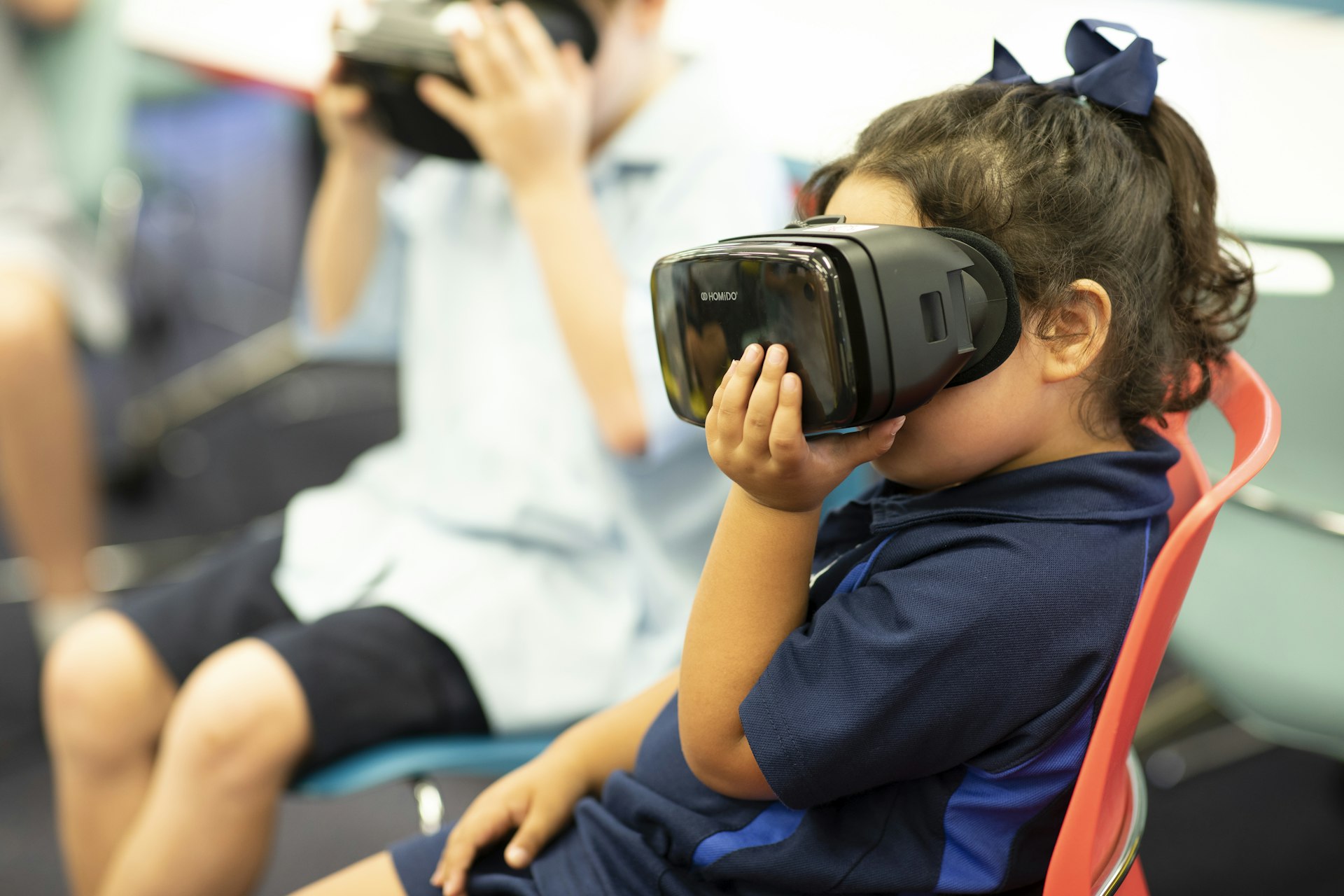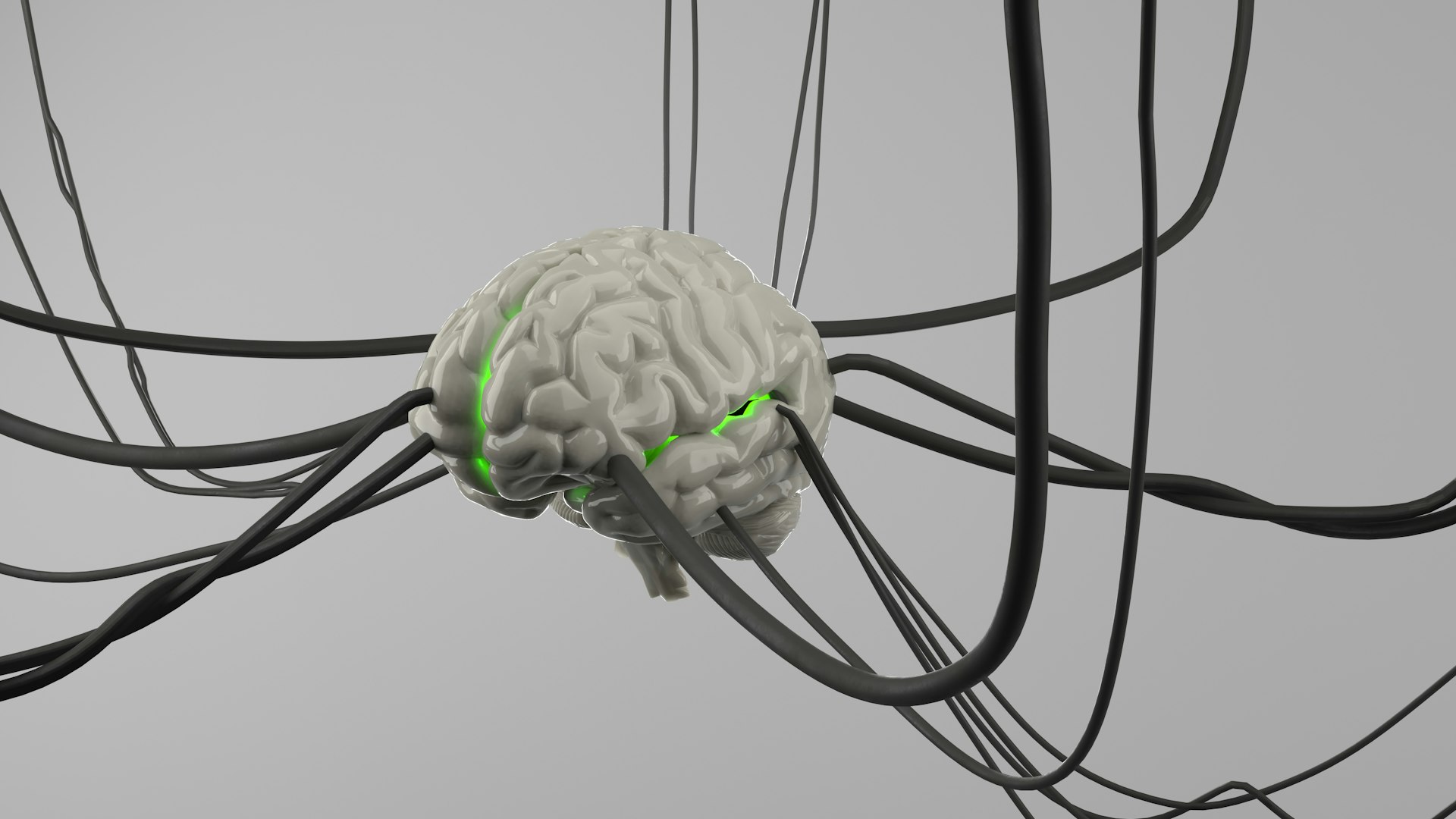How Gaming Shapes Cognitive Development: Insights, Outcomes, and Guidance

Photo by Ali Pli on Unsplash
Introduction: Gaming and Cognitive Development
Gaming has become a central part of childhood and adolescence for millions, raising questions about its impact on cognitive development. Recent research provides a nuanced perspective, detailing both benefits and challenges for cognitive skills, mental health, and educational outcomes. This article delivers a comprehensive view of how gaming relates to cognitive growth, backed by current studies and expert guidance.
Key Cognitive Skills Influenced by Gaming
Multiple studies have shown that gaming may affect a range of cognitive skills, including response inhibition , working memory , mental flexibility , and fluid intelligence [1] [2] [3] . For example, data from the Adolescent Brain Cognitive Development (ABCD) Study found that children who played video games for three or more hours daily performed better on cognitive tests involving impulse control and memory than peers who played less or not at all [1] [2] .
Further research clarifies that
overall play time
-not just game type-predicts improvements in areas such as
planning
,
visual working memory
,
verbal working memory
, and
visuospatial processing
[3]
. Both video and board games can have positive effects, but video games-especially action-oriented titles-are associated with faster reaction times and greater mental flexibility
[4]
.
Scientific Evidence: What the Research Shows
Findings from a meta-analysis of action video games indicate that heavy play is generally correlated with higher cognitive performance in young adults, and intervention studies support a causal relationship between gaming and improvements in specific cognitive skills [4] .

Photo by Anton Shuvalov on Unsplash
However, the effects are modest and can vary by age, game type, and the amount of play. For example, while older children and teens may benefit from enhanced working memory and planning skills, younger children (up to fifth grade) showed no direct linkage between gaming and cognitive abilities in some studies [5] . This suggests that cognitive impact may depend on developmental stage and individual differences.
Mental Health and Behavioral Considerations
Despite cognitive benefits, heavy gaming is associated with higher scores for attention problems, depression, and ADHD symptoms among children who play for three or more hours daily compared to those who do not game [1] [2] . Experts caution that excessive gaming may displace time from homework and other productive activities, though the measured differences in cognitive abilities are slight [5] .
Parents and caregivers should watch for signs of obsessive behavior and monitor for changes in mood and attention. Maintaining balance between gaming and other life activities is crucial for healthy development.
Practical Guidance: Fostering Healthy Gaming Habits
Based on current research, here are step-by-step strategies for supporting cognitive development through gaming while minimizing risks:
- Set Time Limits: Limit gaming to less than three hours per day, especially for younger children. Use built-in parental controls on consoles and devices to monitor and restrict play time.
- Encourage Variety: Promote a mix of game genres. While action games benefit reaction time and flexibility, puzzle and strategy games can enhance planning and problem-solving skills.
- Balance Activities: Ensure gaming does not replace schoolwork, physical activity, or face-to-face social interaction. Schedule regular breaks and encourage outdoor play.
- Monitor Behavior: Stay alert to changes in attention span, mood, or social engagement. If you notice persistent issues, consult a pediatrician, psychologist, or school counselor for guidance.
- Participate Together: Play games with children to understand the content and encourage cooperative play, which may support social and emotional development.
Alternative Approaches and Case Examples
Alternative methods for cognitive development include board games, educational apps, and creative play. Board games have been shown to benefit mental flexibility and working memory, providing options for families looking to diversify cognitive stimulation [3] . Educational apps and hands-on activities such as puzzles or building sets can also foster planning and problem-solving skills in a non-digital environment.
Some schools and community centers offer structured gaming clubs or tournaments, which provide supervised environments for social interaction and skill development. Parents can look for local programs by contacting community organizations or searching “youth gaming clubs” or “board game nights” in their area.
Challenges and Solutions for Families
One challenge is balancing gaming with other educational and developmental activities. Experts recommend setting clear expectations and involving children in discussions about healthy media habits. Consider creating a written family agreement on screen time, including consequences for exceeding limits and incentives for balancing gaming with other responsibilities.
If access to resources is a concern, many libraries lend video games and board games, and local recreation centers may offer free gaming events. Families can search for “library game lending programs” or “community gaming events” for opportunities near them.
Key Takeaways and Next Steps
Gaming can offer modest cognitive benefits, especially for older children and adolescents, but time spent playing should be balanced with other activities to prevent negative effects on attention and mental health. Parents and educators can support healthy development by combining gaming with other forms of cognitive engagement and monitoring for signs of problematic behavior.
For additional guidance, families may consult pediatricians, educational psychologists, or school counselors. To stay updated on emerging research, consider visiting the following verified sources or searching for “cognitive development gaming research” on reputable academic platforms.
References
- [1] JAMA Network Open (2022). Association of Video Gaming With Cognitive Performance Among Children.
- [2] NIH (2022). Video gaming may be associated with better cognitive performance in children.
- [3] PLOS ONE (2023). Video games and board games: Effects of playing practice on cognitive abilities.
- [4] APA Open (2023). Effects of Action Video Game Play on Cognitive Skills.
- [5] University of Houston (2023). Study Finds Video Game Playing Causes No Harm to Cognitive Ability.
MORE FROM findworkpro.com













